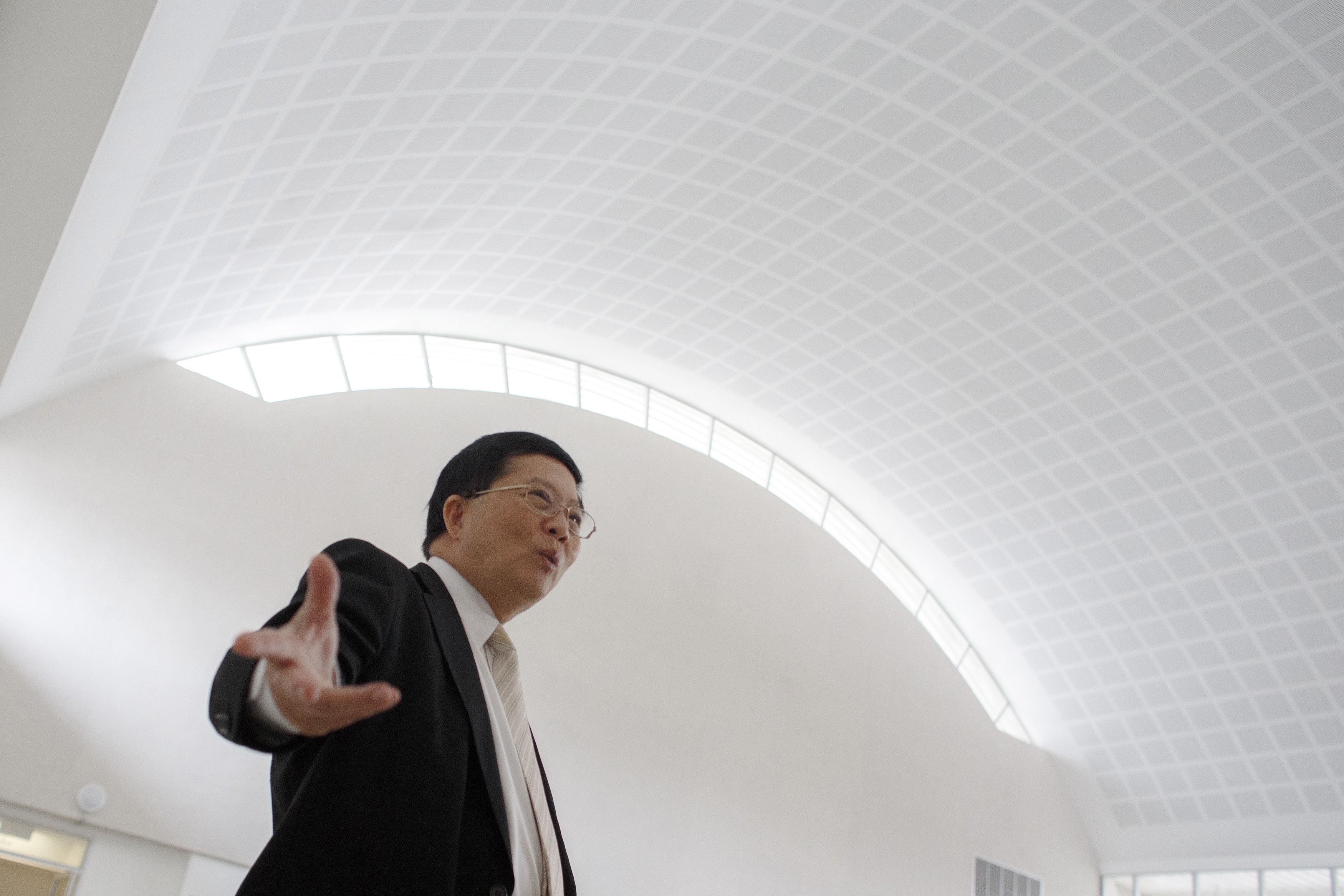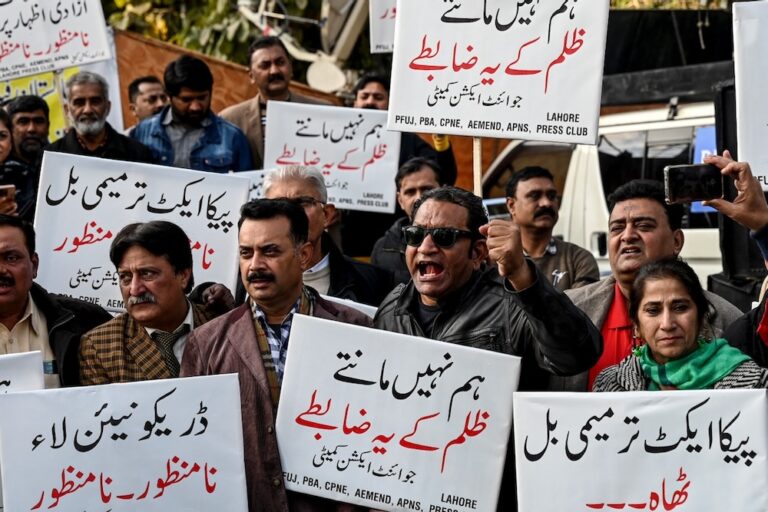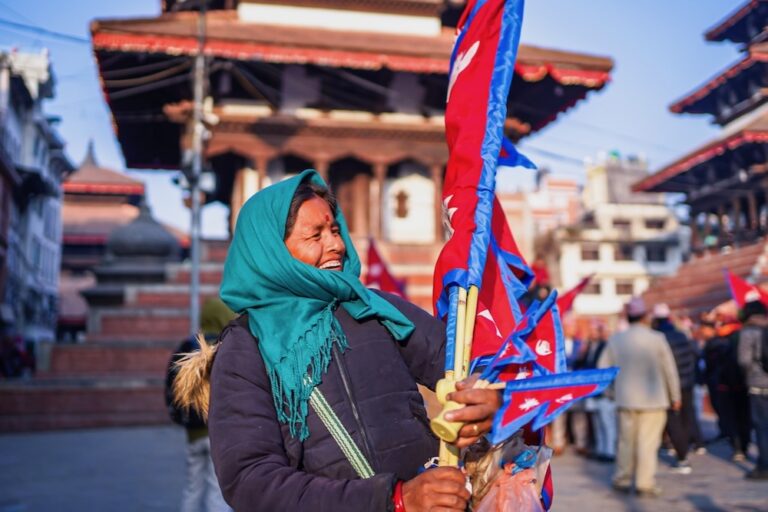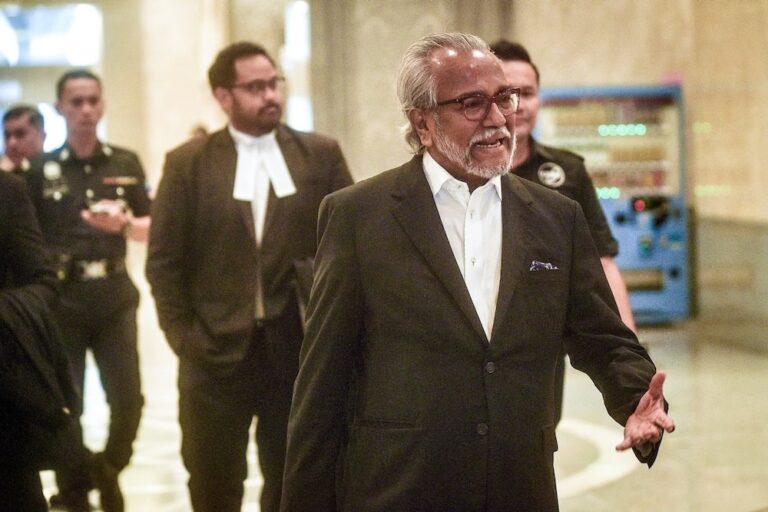The public's right to freedom of information (FOI) in Southeast Asia only marginally improved in the last decade with most societies experiencing the tightening noose of secrecy laws or policies. SEAPA provides an analysis of developments in Cambodia, Indonesia, Malaysia and Thailand.
This statement was originally published on seapa.org on 28 September 2015.
The public’s right to freedom of information (FOI) in Southeast Asia only marginally improved in the last decade with most societies experiencing the tightening noose of secrecy laws or policies. Countries without laws significantly outnumber those with, yet at the civil society level, initiatives to advocate for greater access to information has grown stronger.
By 2015, Indonesia and the Federal opposition-ruled states of Selangor and Penang in Malaysia, have enacted laws to guarantee access to information. The Cambodian government has promised a legislation by 2017, with the help of UNESCO in a new initiative. Fifteen years ago, when the Southeast Asian Press Alliance conducted its first regional study of eight countries, only Thailand had a legislation in place – the Official Information Act of 1997.
At that time, the Philippines had witnessed a strong movement by civil society to impeach the president on grounds of tax evasion, which was made possibly by investigative journalism and use of public records. The incumbent President and Congress have been blamed by civil society for completely derailing what would have been the passage of an FOI law this year.
These trends are captured in a SEAPA collection of reports that features developments in Cambodia, Indonesia, Malaysia and Thailand, carried out with funding support from UNESCO and supported by Sida and the Open Society Foundation. Two meetings were held in 2011 and 2013 for the preparation of the reports and also to discuss advocacy strategies for freedom of information in the region. Reports on Philippines and Vietnam have yet to be completed. The authors of the reports are a combination of individuals and contributing organisations that are members of SEAPA.
Essentially, the reports show that where laws have been enacted, there is a gap between theory and practice, or between recognition and implementation. Since its enactment in 2008, the Indonesian Public Right to Information Law still has a long way to go in terms of implementation across the country and the lack of public awareness. Lengthy waiting periods for requests for information also render the process almost irrelevant for media, which operate on tight deadlines and a hectic publishing schedule. In Thailand, the independence of the oversight body is a key weakness in ensuring better use of the law.
In other countries, access to information is treated as a privilege, not a right. Requests have been denied without justification and without recourse to appeal. In some cases, information is withheld from those not deemed to have a valid interest in the situation in question. For information to be truly free, it should be digitised and made accessible by the government of its own volition, not because of pressure from its citizenry.
The extent to which access to information can be considered ‘free’ is a key element in overall freedom of expression and press freedom. Not only is the ability to access government information in a timely and consistent manner crucial to comprehensive and accurate reporting, but it is the people’s right to have access to this information in order to ensure transparency and good governance.
Follow the links below to read the country reports.



